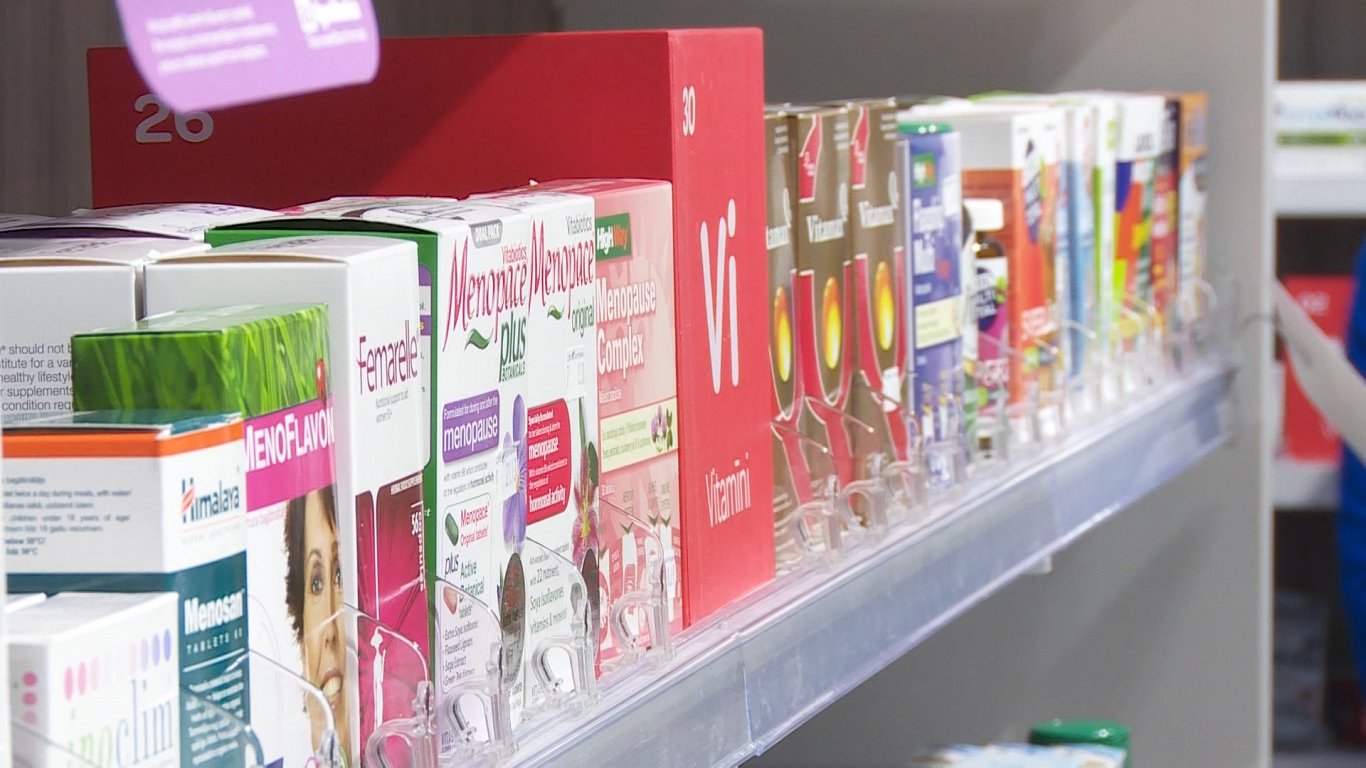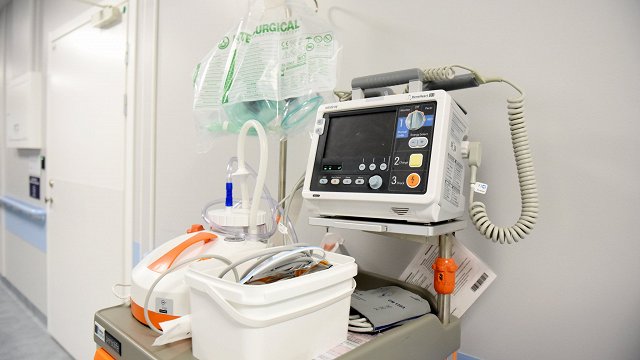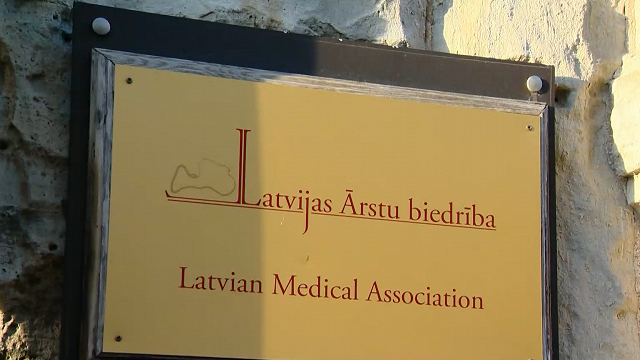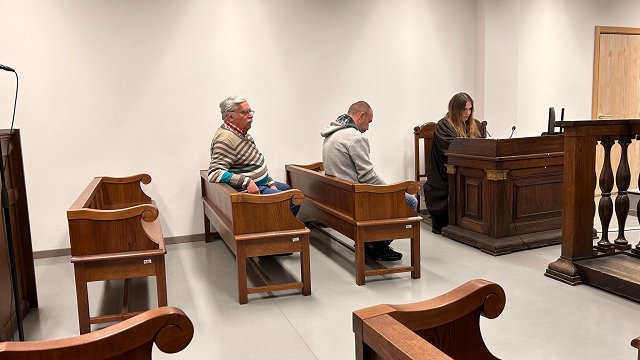Although the current availability of critical medicinal products in Latvia is ensured and an efficient system of supply of medicinal products for everyday needs is established, the issue of crises, such as war or other disasters, remains unresolved.
Around 40% of medicines in the European Union (EU) are imported. Latvia depends heavily on imports. If the supply of drugs stops at some stage, it limits doctors in their choice of treatment public health is impacted, and higher healthcare costs for the state and patients arise.
The Covid-19 pandemic is said to have been a good lesson for everyone when initially the state, limiting the spread of the infection, restricted movement between States and closed borders, thereby stopping not only the movement of residents but also the movement of freight. And already back then, the first challenges could be felt when the chains of the drug supply process were disrupted, for example, paracetamol was lacking.
Jānis Lībķens, a representative of the Latvian National Medicines Supply Association, said that miracles should not be expected, as the problem was raised already in 2022, but two years have passed, and negotiations have not moved further.
“If we are facing a bigger crisis, then the concern about whether we will be able to survive without supplies for a longer period is quite justified because in Latvia the warehouses are not so big. On average, there are stocks for a month, but for some medications, stocks are smaller. And we rely on regular deliveries, as has been the case so far in peacetime - no crises, no emergencies. And if something in this usual chain breaks, then that situation is what it is -- we have with what we have,” Lībķens said.
According to Norstat study data, one in three healthcare specialists or pharmacists in Latvia have often experienced shortages of medicines in the last four years.
The most common reason is dependence on imports, or due to disruptions in supply chains and quotas from foreign producers. Most commonly, antibiotics, cardiovascular disease, and anti-diabetes drugs are lacking. Importantly, 6 out of 10 Latvian medics and pharmacists do not believe in the readiness of the Latvian state to ensure the availability of medicines in crisis situations. 7 in 10 health workers and pharmacists do not know how the supply of medicines would take place in times of crisis. As a result, in general, medics and pharmacists emphasize the need to create a reserve fund for medicines in Latvia.
The doctor, neurologist, and head of the Ukrainian support society “SICH” Oksana Sichko also emphasized the need to prepare for war, and then there will be peace in the country. She called for both the Covid-19 pandemic and Ukraine's mistakes to be taken into account, namely that Ukrainians did not initially have drug reserves in place.
“I think we have a good pharmaceutical industry of our own and I think we need to support our manufacturers; what we can produce and build as much as possible. There definitely needs to be not just warehouses but specialist bomb shelters to store medicines and there definitely need to be some places outside hospitals. Because we see [in the war in Ukraine] destroying hospitals, destroying targeted infrastructure,“ Sichko said.


























